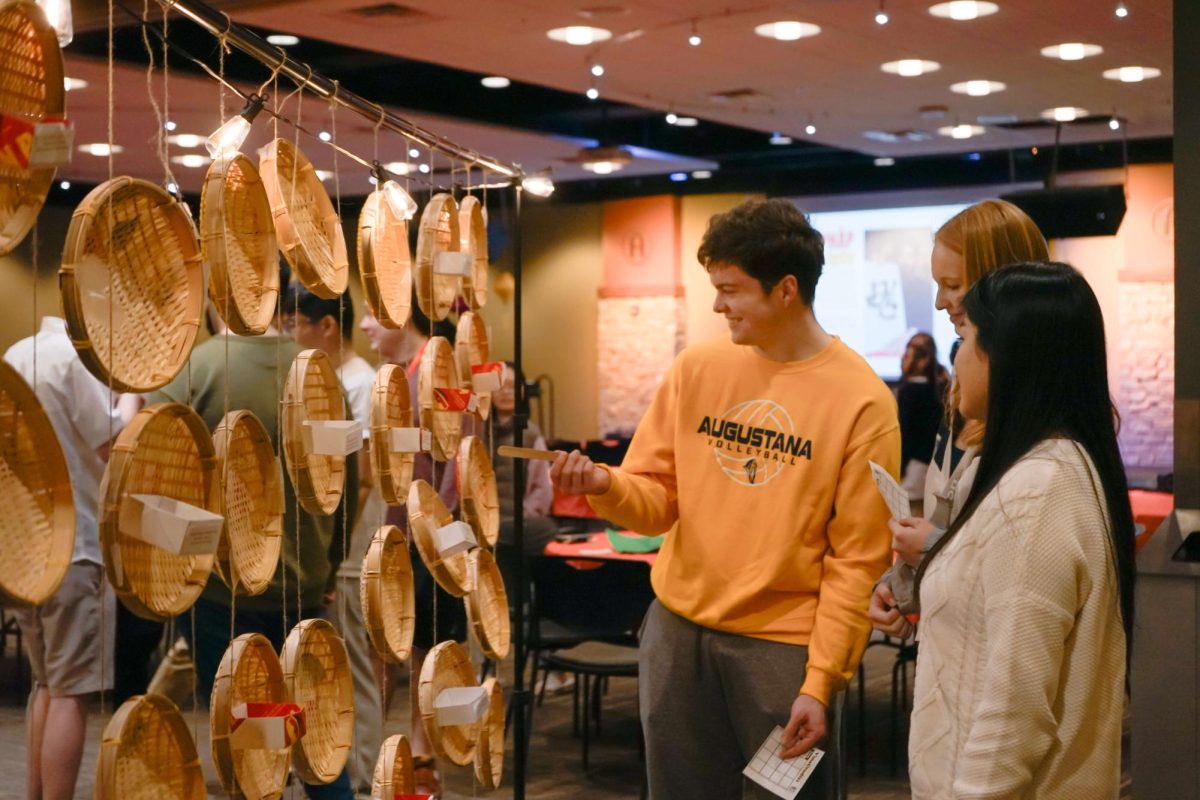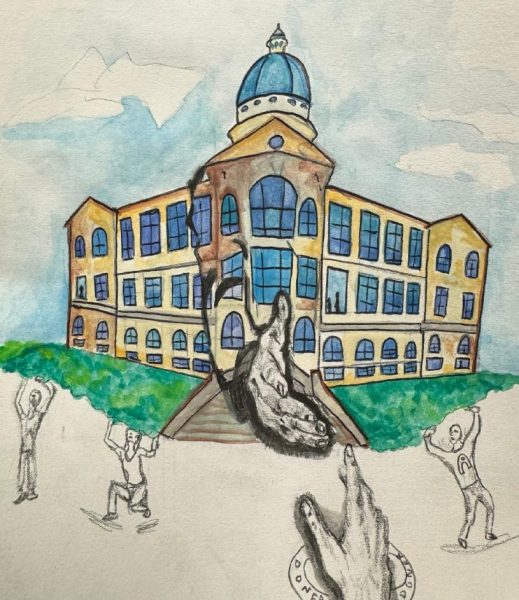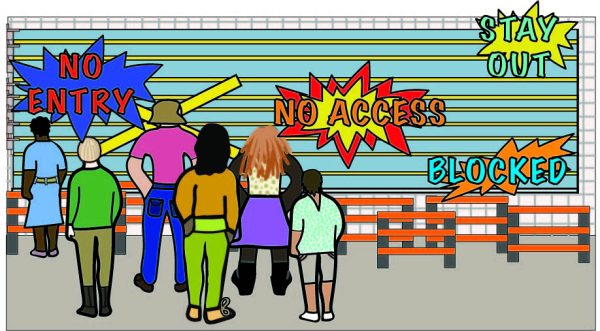How optimistic can we be about raising student minimum wage?
March 5, 2022
On Feb. 18, a petition on change.org was created with the title “Raise Augustana’s Minimum Wage.” By Feb. 25, it had gained around 570 signatures.
The petition specifically targets raising the wage for student workers on campus, who work in a variety of areas such as dining services, admissions and sporting events. Most students with jobs at Augie and a good majority of positions listed on Handshake advertise a wage of $9.25 per hour.
That happened to be Illinois’ minimum wage two years ago, specifically from January 1, 2020 to July 1, 2020. Since then, the state’s minimum wage has increased slightly each year in order to achieve a $15 minimum by 2025. For 2022, $12 per hour is the standard.
But Augie continues to pay its student workers less than the state minimum due to an exemption under the Fair Labor Standards Act, which notes that “colleges and universities are permitted to pay full time students as little as 85% of the minimum wage as long as they are registered students.” But noticeably, the wage at Augustana is only about 77% the minimum wage.
The act doesn’t only apply this principle to colleges and universities, but it also applies to retail or service stores and agriculture, making campuses just one facet of a larger whole.
If the petition gets more signatures and rises to great popularity, will Augie consider making changes?
My theory is that they would not, at least in the short-term. It might be in the students’ best interest for a sweeping change to occur, but it would cost the school more resources that they wouldn’t want to expound.
Back in 2020, a few months shy of Illinois’ minimum wage increasing from $10 to $11, Conor Mcentee of The Bradley Scout wrote that Bradley University, another private school in Illinois, would only apply minimum wage increases to a “handful of non-student employees.”
The petition’s intention also comes after the college confirmed that tuition would increase. This is in part due to a “commitment to strong staffing” that was cited in the original announcement. When I covered the tuition topic in a previous piece, I noted that Augie “has had to increase its wages in order to stay competitive and attractive for prospective employees,” but this wouldn’t apply to students due to the state and federal exemptions.
There are no prospective student employees to worry about since students will have to work regardless, whether it’s domestic students trying to make a little extra to help pay for tuition and other expenses, or international students that are able to work a maximum of 20 hours a week because they are unable to work off-campus.
While it is our right to petition those above us and request change, it is not the college’s obligation to obey our demands immediately. The petition on change.org takes an initial step to confront the issue on a campus-wide scale, but more effort needs to be put into the movement if any change is to occur.
Even then, unless federal or state law changes the exemption for student workers, institutions of higher education will continue to have leverage in how they pay their employees.





















































































































